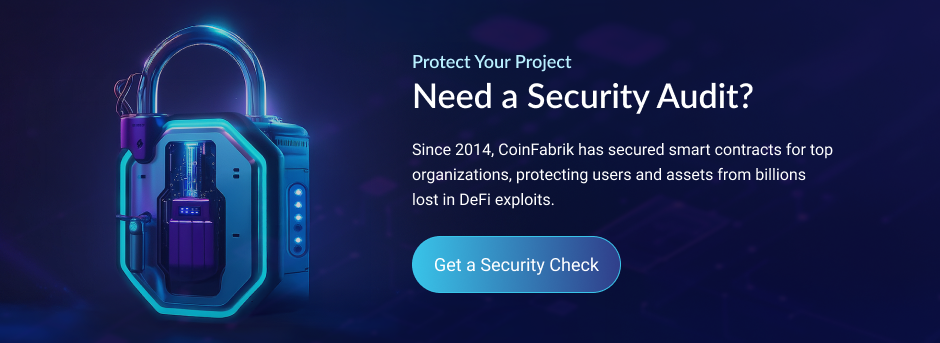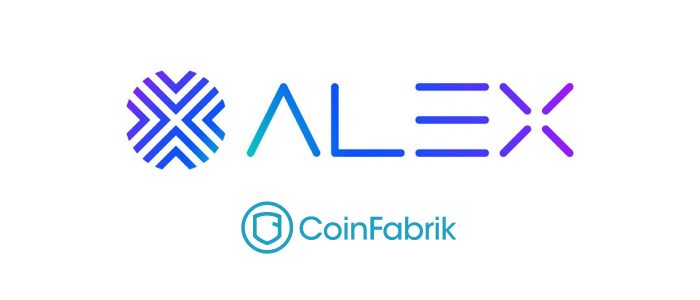There are many technical strategies to gain influence in the world of DAOs, each with unique advantages, and the last one we present is the most powerful because it combines the best aspects of all of them. The key lies in understanding the role we can play within our project and how to leverage our strengths to drive our ideas forward.
Additionally, it is crucial to learn how to inspire and motivate other participants to align with our vision. Achieving leadership in decentralized governance can be accomplished in multiple ways.
Let’s get straight to the point—these three aspects are what truly matter, DAOs function through a transparent and rule-based system that allows participants to vote on and implement decisions. The process typically involves several key step
- Proposal Submission: Members of the DAO can submit proposals, which could range from funding new projects, adjusting protocol parameters, or changing governance rules.
- Voting Process: Token holders are then given the opportunity to vote on these proposals, often weighted by the amount of tokens they possess.
- Implementation: If a proposal reaches the required quorum and receives sufficient votes, the DAO executes it through smart contracts, automating the implementation based on pre-defined criteria.
When organizations operate through their own smart contracts autonomously, or joining a DAO how do they ensure fairness and efficiency?
Understanding token-based governance and voting dynamics is key to navigating this evolving landscape. Let’s explore how token holders shape DAO governance and why well-designed mechanisms are essential for true decentralization.
Token-Based Decision Making
Token-based governance systems are at the core of DAO decision-making. Token holders participate in governance by staking their tokens in voting processes, which means that their voting power often correlates directly with the number of tokens they own. This method has its advantages and limitations:
- Advantages: Token-based decision-making can align incentives, as token holders are likely to vote in the long-term interest of the organization. This alignment occurs because token holders’ financial stake is directly tied to the performance of the DAO.
- Limitations: However, this method can also create power imbalances. Large token holders can potentially sway decisions to their favor, leading to centralization risks even within a supposedly decentralized framework.
Governance Dynamics in DAOs
Governance dynamics in DAOs can vary significantly based on the specific architecture of the organization. Several voting mechanisms are used, each with its implications:
- Token-weighted voting: As mentioned, this is the most common model. Votes are proportional to the amount of governance tokens held. While simple, this can result in a concentration of decision-making power.
- Quadratic Voting: Introduced in Gitcoin Grants to amplify smaller stakeholders’ voices while preventing wealth concentration. This approach aims to address the imbalance in voting power by making each additional vote more costly, thus giving smaller stakeholders a greater relative say.
- Reputation-based voting: Some DAOs use reputation scores rather than tokens to determine voting power. Reputation is non-transferrable and must be earned through contributions, which can mitigate the risk of vote buying but complicates governance dynamics.
- Rage Quitting: A mechanism pioneered by MolochDAO, allows members to exit a DAO and withdraw their share of the treasury if they disagree with a proposal. It helps members protect their investment if decisions diverge from their interests, though it can reduce the DAO’s resources if many members leave at once.
- Liquid Democracy: Merged approach in MetaCartel DAO. In this system, token holders can vote directly or delegate their votes to a representative. It merges direct voting transparency with representative efficiency, allowing holders to reclaim delegated votes anytime. However, it risks power concentration if a few representatives accumulate many delegated votes.
- Vote Escrow (Vote Lock-up): Participants must lock tokens for a specific time to vote, with longer lock-ups granting more voting power. This rewards those committed to the DAO long-term but can reduce liquidity and discourage new participants from locking tokens for extended periods.
Token Holder Influence in DAO Governance
Token holders play a significant role in guiding the direction of a DAO. By holding governance tokens, they have the power to vote on proposals and, by extension, influence the strategic decisions of the organization. This model has implications for the transparency and accountability of decision-making processes:
- Transparency: Every decision made within a DAO is recorded on the blockchain, creating a public ledger that ensures transparency. Token holders can review past decisions and vote records, increasing the accountability of each participant.
- Accountability: Because token holders’ decisions impact the future of the DAO, their accountability is tied to their token investment. However, this can also lead to short-term decision-making if token holders focus on immediate returns rather than the DAO’s long-term sustainability.
Mechanisms for Voting in DAOs
Voting mechanisms vary across different DAOs and can be tailored to specific organizational needs:
- Direct Voting: Used in GnosisDAO, this is where token holders vote directly on each proposal, making it the simplest and most transparent method. However, it may suffer from low voter turnout.
- Delegated Voting: In this mechanism, token holders delegate their votes to representatives who vote on their behalf. This system aims to address low participation rates while maintaining the DAO’s decentralized nature. It resembles a liquid democracy model, balancing direct engagement with efficiency.
Decentralized Decision Power in DAO Structures
The promise of DAOs is to decentralize decision-making power, distributing it across a broader base of stakeholders. This contrasts with traditional corporate structures, where decision-making is often concentrated among a small group of executives. However, achieving true decentralization is challenging, with several factors influencing the outcome:
- Token Distribution: The initial distribution of tokens can heavily influence governance. If tokens are concentrated among a few large holders, decision-making power can become centralized even within a DAO.
- Voting Participation: Low voter turnout can result in decisions being made by a small subset of token holders, raising questions about the inclusivity of the decision-making process.
- Sybil Resistance: Identity verification in BrightID. DAOs must guard against Sybil attacks, where malicious actors accumulate a large number of tokens or identities to influence votes. Various mechanisms, such as identity verification or reputation scoring, can mitigate these risks.
Token Holder Responsibilities in DAO Governance
Beyond simply casting votes, token holders have broader responsibilities in maintaining the health of a DAO. This includes active participation in discussions, understanding the implications of proposals, and considering the long-term impact of their votes. As stakeholders in a decentralized organization, their involvement is crucial to the sustainability of the DAO’s governance structure.
- Community Participation: Token holders are often encouraged to engage in DAO forums and governance discussions to ensure diverse perspectives are considered in decision-making.
- Proposal Review: A critical aspect of token holder responsibility involves thoroughly reviewing proposals, as hasty or uninformed voting can lead to detrimental outcomes for the DAO.
How to Balance Decentralization and Effective Governance?
While token holders play a crucial role in shaping these organizations, the system’s effectiveness hinges on fair voting mechanisms, active participation, and careful design of governance structures. The promise of decentralized decision-making is achievable, but it requires ongoing effort to balance the power dynamics within the system
The power of token holders in a DAO is relative, as voting involves both a cost and economic risk. While purchasing more tokens can increase influence, voting requires spending tokens, which does not automatically eliminate the risk of power concentration. Additionally, a vote that lacks community support can decrease the value of the tokens, encouraging alignment with the DAO’s objectives to maintain stability.
Although token holders influence DAO governance, the accumulation of power by large holders can lead to centralization and short-term decisions that prioritize personal interests. Having many tokens does not guarantee unlimited participation, as they can be temporarily locked during voting processes, which may also increase speculation. There is a risk that some holders might sell their tokens after a favorable vote to make a quick profit, potentially destabilizing the DAO. However, it is also possible that some large holders aim to preserve the DAO’s stability to protect their investment. Therefore it is important to implement additional mechanisms to balance power and improve the economic dynamics of DAOs, mitigating the excessive power of large holders.







